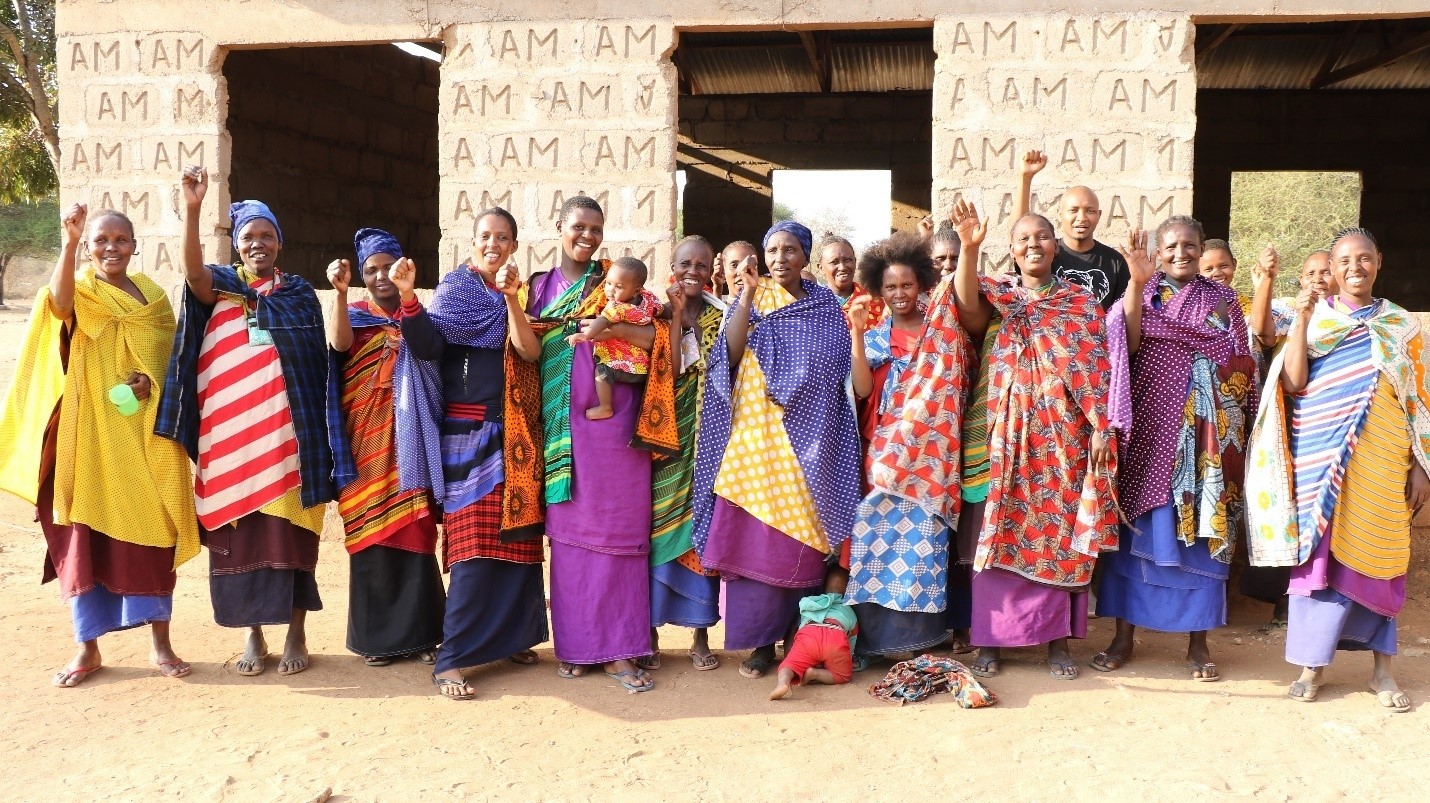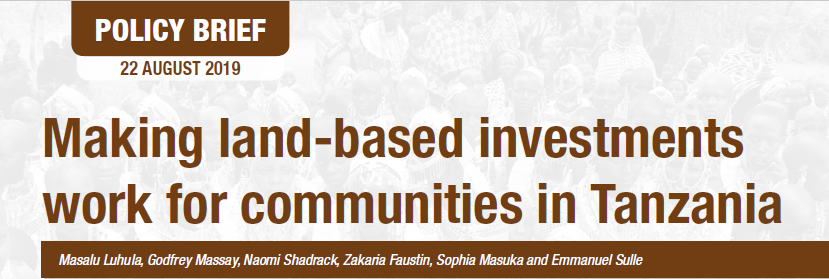A SUCCESSFUL FORMATION OF WOMEN GROUPS IN SIMANJIRO DISTRICT
women_groups_formation.jpg

Tanzania Natural Resource Forum (TNRF) through Ardhi Yetu Plus (AYP) Plus facilitated formation of 6 women groups with a total of 104 members in Simanjiro District, whereby majority of the groups’ members were young women aged less than 40 years, composing 73% of all members. Five groups were formed in MsituwaTembo ward and one group in Kitwai ward. The formation of these groups became important as efforts towards increasing women participation in the project activities as the project is gender centered. Also raising women’s voices by enhancing their knowledge on land rights, adaptation to the effects and stresses associated with climate change and weather variability, and social economic activities especially entrepreneurship and marketing skills.
The gap between men and women was revealed by different studies and technical reports that; there was poor participation of women into project and development activities as well as decision making bodies like village assembly and to some extent at household level. This was informed by Gendered Climate Vulnerability Capacity Assessment (GCVCA) and Indigenous Knowledge (IK) studies as well as other technical reports both conducted in Simanjiro District. The two (IK&GCVCA) studies revealed that participation of women was less than 30% for example during IK study women participation was 25.7% unlike men whose participation was 74.3%. The process of groups formation involved identification of existing women groups and formation of new ones, as a result four existing groups were identified and two new ones were formed, in addition the team identified challenges facing women and women groups, the knowledge gap and came up with proposed capacity building training that will take time shortly from the time of this report, aiming to solve the identified challenges and knowledge gap.
Lessons Learnt
In Simanjiro District, taboos and cultural practices are gender biased. Men are privileged of everything over women, they are the one who own, control and make decision over everything including land and livestock. For instance there was a case from Loonderkes that; if there is violation of women rights due to domestic violence or any other reason, women are not allowed to report to the village government or police station rather to the traditional leaders. When they report to traditional leaders they report the situation to Laigwanan (Male) and not to Ngaigwanan (Female), when they discuss about the reported matter women are not allowed to be part of that discussion and therefore the decision is made by men over violated women rights. The same situation was also observed at Olchoronyori village, where women did not even like to discuss matter related to their rights and they seems to give up on gender equality and equity, they said that is impossible.
Conclusion
The formation of women groups was successfully accomplished, this was a preliminary stage towards capacity building to the women groups in Simanjiro District,with aim to address challenges facing them in a diverse circumstances including land rights, climate change and livelihoods activities. In a long run these efforts will result into increased women participation and inclusion in development activities as well as decision making bodies. However, women are expected to advocate for their rights including access, control and ownership of productive assets especially land and livestock, and have control over produces and therefore contribute to the Tanzania government efforts to ensure gender equality and equity as identified in the National Development Vision 20205 and National Strategy for Gender Development.

